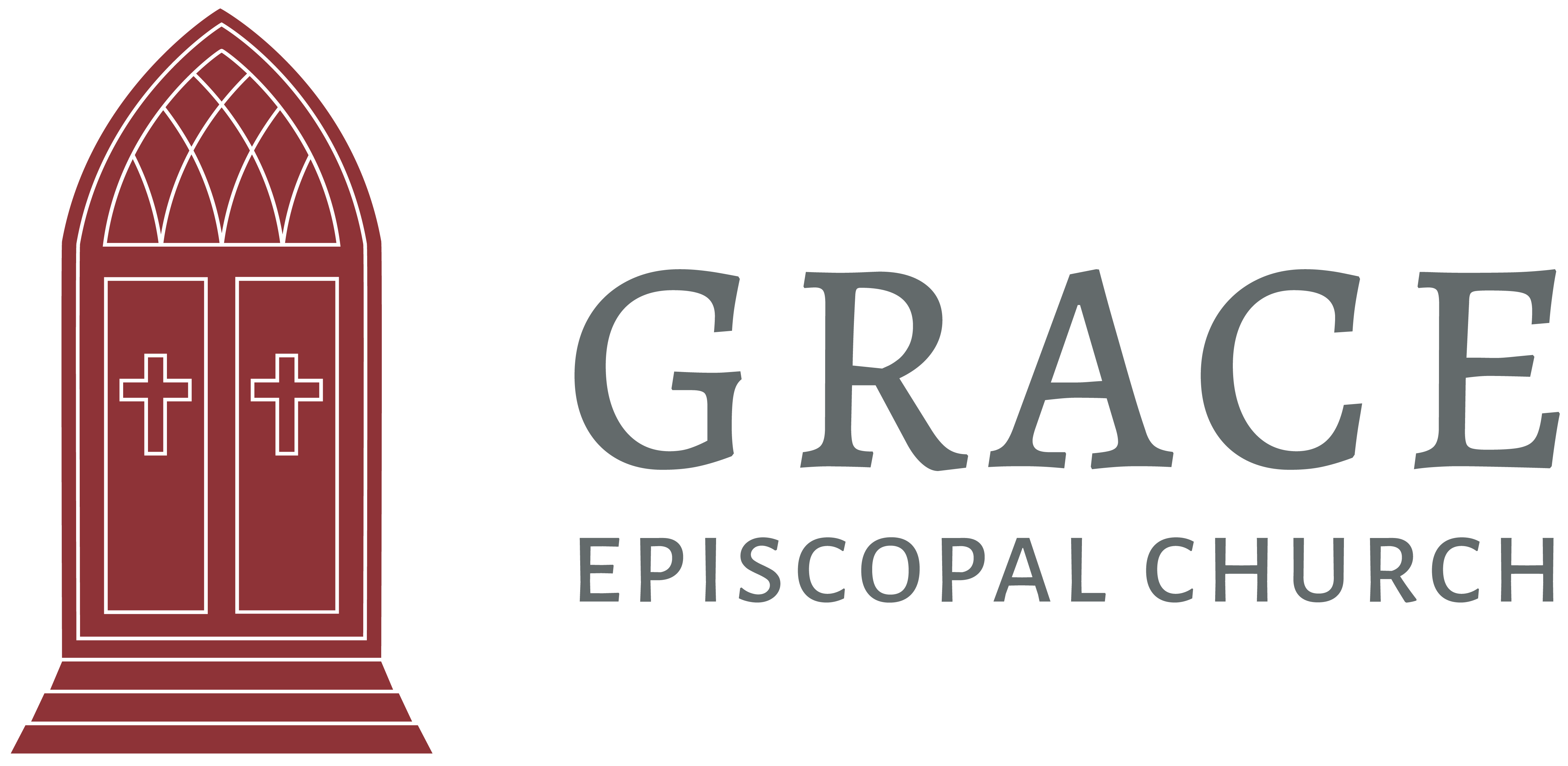Psalm 98; Isaiah 45:21-25; Philippians 2:5-11; John 12:31-36a
HOLY CROSS
In 335 AD, on Sept 13, the Church of the Holy Sepulchre in Jerusalem was officially dedicated, with a wooden artifact which was believed to be the actual cross of Christ brought into the building the next morning in a moving procession through the streets of the city. (Whether this was the “True Cross” or not is a matter of speculation way above my pay grade, but certainly those present that day believed it to be so.) That’s the origin of the festival today.
The cross is at the heart of Christian teaching. Not because we’re masochist but because, like Buddhism, we lean into the question of “why pain and death?” We lean, of course, in a very different direction. For Christians, they’re consequences of life in a broken universe–and can also be the means by which, if we’re willing, we can enter into the divine love of Him Who was willing to enter into our human brokenness and take on pain itself in order to begin the remaking, the redemption, of the universe from the inside out, slowly and individually but effectually nonetheless. Pain and death aren’t to be denied or despised, we’re not to detach from them or fear them. We don’t have to like them, we certainly shouldn’t court them, but we can be transformed by how we handle them when they lodge in our neighborhood. And lodge they certainly will, at some point.
We are promised that God will transform tears into joy, ashes into garlands, mourning into life more abundant. But the way to that leads, first, through a cross. All we have to do is stretch out our arms of love, as did He, widely enough to embrace the whole world, even if that embrace pierces and wounds.
